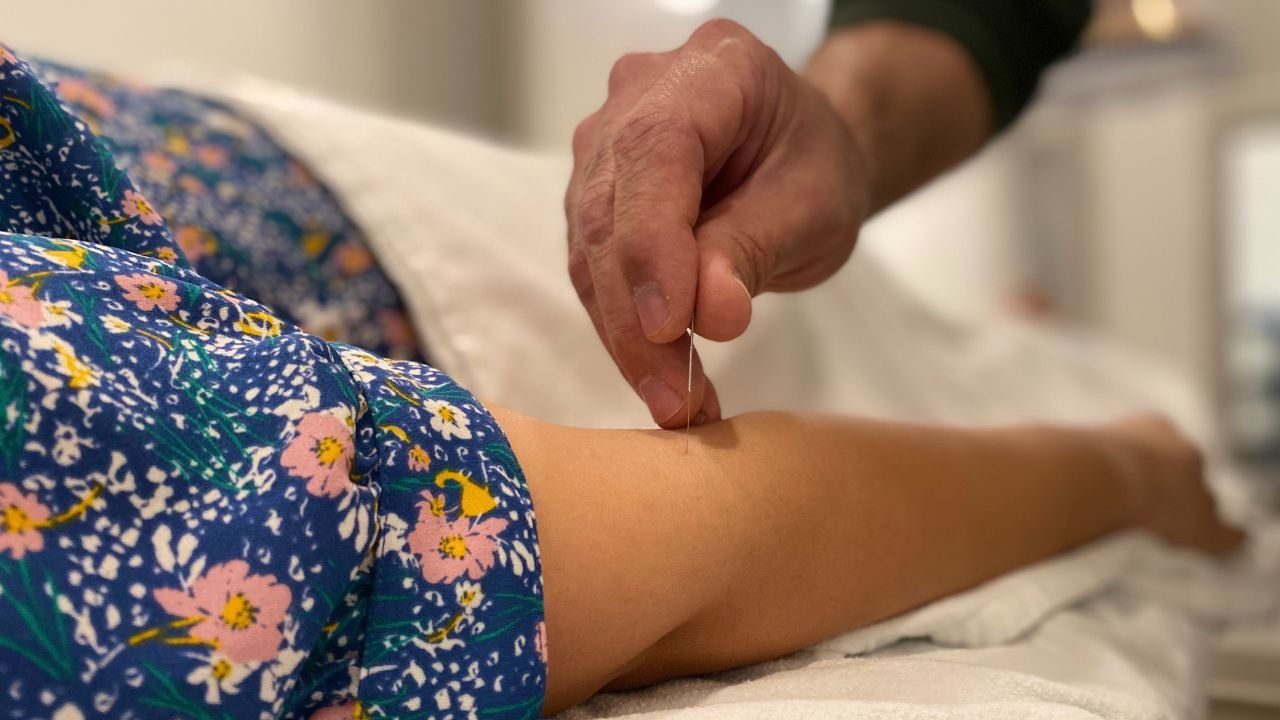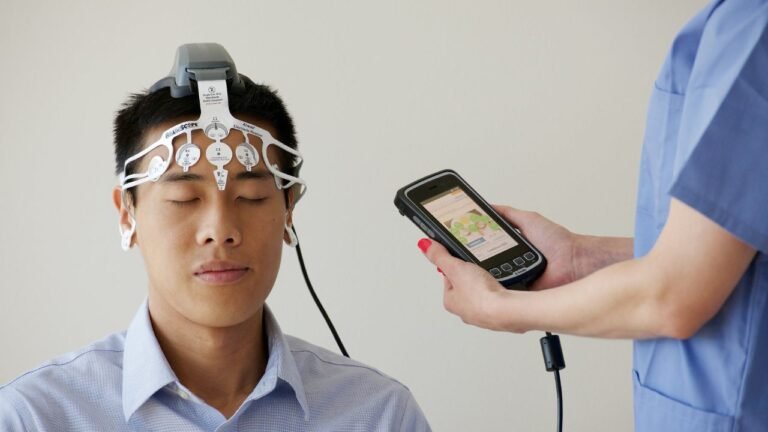When it comes to our overall health, it’s important to pay attention to any unusual sensations or changes in our body. One such sensation that often raises concern is numbness and weakness. These symptoms can occur in various parts of the body and may be indicative of an underlying health issue. In this article, we will explore the causes of numbness and weakness and discuss potential treatment options.
What is Numbness and Weakness?
Numbness refers to a loss of sensation or feeling in a particular area of the body. It can range from a mild tingling sensation to a complete lack of sensation. Weakness, on the other hand, refers to a loss of strength or power in the muscles. It can make it difficult to perform everyday tasks and may also be accompanied by a lack of coordination.
Causes of Numbness and Weakness
There are several potential causes of numbness and weakness, including:
Nerve Compression:
Compression of nerves can occur due to various reasons such as herniated discs, spinal stenosis, or nerve entrapment. When nerves are compressed, they can send abnormal signals to the brain, resulting in numbness and weakness in the affected area.
Peripheral Neuropathy:
Peripheral neuropathy is a condition that affects the peripheral nerves, which are responsible for transmitting signals between the body and the brain. It can be caused by factors such as diabetes, vitamin deficiencies, infections, or certain medications. Numbness and weakness are common symptoms of peripheral neuropathy.
Stroke:
A stroke occurs when there is a disruption in the blood supply to the brain. This can lead to numbness or weakness in one side of the body, often accompanied by other symptoms such as difficulty speaking or understanding speech, dizziness, or severe headache.
Muscle Disorders:
Conditions that affect the muscles, such as muscular dystrophy or myasthenia gravis, can cause weakness and sometimes numbness. These disorders can affect the muscles throughout the body or in specific areas.
Injury or Trauma:
Injuries to the nerves, spinal cord, or muscles can result in numbness and weakness. This can occur due to accidents, falls, or sports-related injuries. Prompt medical attention is crucial in such cases to prevent further damage and promote recovery.
Treatment Options
The treatment for numbness and weakness depends on the underlying cause. It is essential to consult a healthcare professional for an accurate diagnosis and appropriate treatment plan. Some common treatment options include:
Medications:
In certain cases, medications may be prescribed to alleviate symptoms or target the underlying cause. For example, pain relievers or anti-inflammatory drugs may be recommended for nerve compression or injuries.
Physical Therapy:
Physical therapy can be beneficial for improving strength, flexibility, and coordination. A qualified physical therapist can design a personalized exercise program to address the specific needs of an individual.
Surgery:
In cases where nerve compression or injuries require surgical intervention, a neurosurgeon may recommend surgery to relieve pressure on the affected nerves or repair damaged tissues.
Lifestyle Modifications:
For certain conditions like peripheral neuropathy or muscle disorders, lifestyle modifications may be necessary. This can include managing blood sugar levels, incorporating a balanced diet, and avoiding activities that exacerbate symptoms.
Other Therapies:
In addition to conventional treatments, alternative therapies such as acupuncture or chiropractic care may provide relief for some individuals. However, it is important to consult with a healthcare professional before trying any alternative treatments.
When to Seek Medical Attention
While occasional numbness and weakness may not always be a cause for concern, it is important to seek medical attention if:
- The symptoms persist or worsen over time
- There is a sudden onset of numbness or weakness
- The symptoms are accompanied by other concerning symptoms such as severe headache, difficulty speaking, or loss of consciousness
- There is a history of recent injury or trauma
Remember, early detection and treatment can lead to better outcomes, so it is always better to err on the side of caution and consult a healthcare professional.
Conclusion
Numbness and weakness can be alarming symptoms, but they are often treatable when addressed promptly. By understanding the potential causes and seeking appropriate medical care, individuals can take steps towards managing and improving their overall health. If you experience numbness and weakness, reach out to a healthcare professional to determine the underlying cause and explore the best treatment options for your specific situation.







